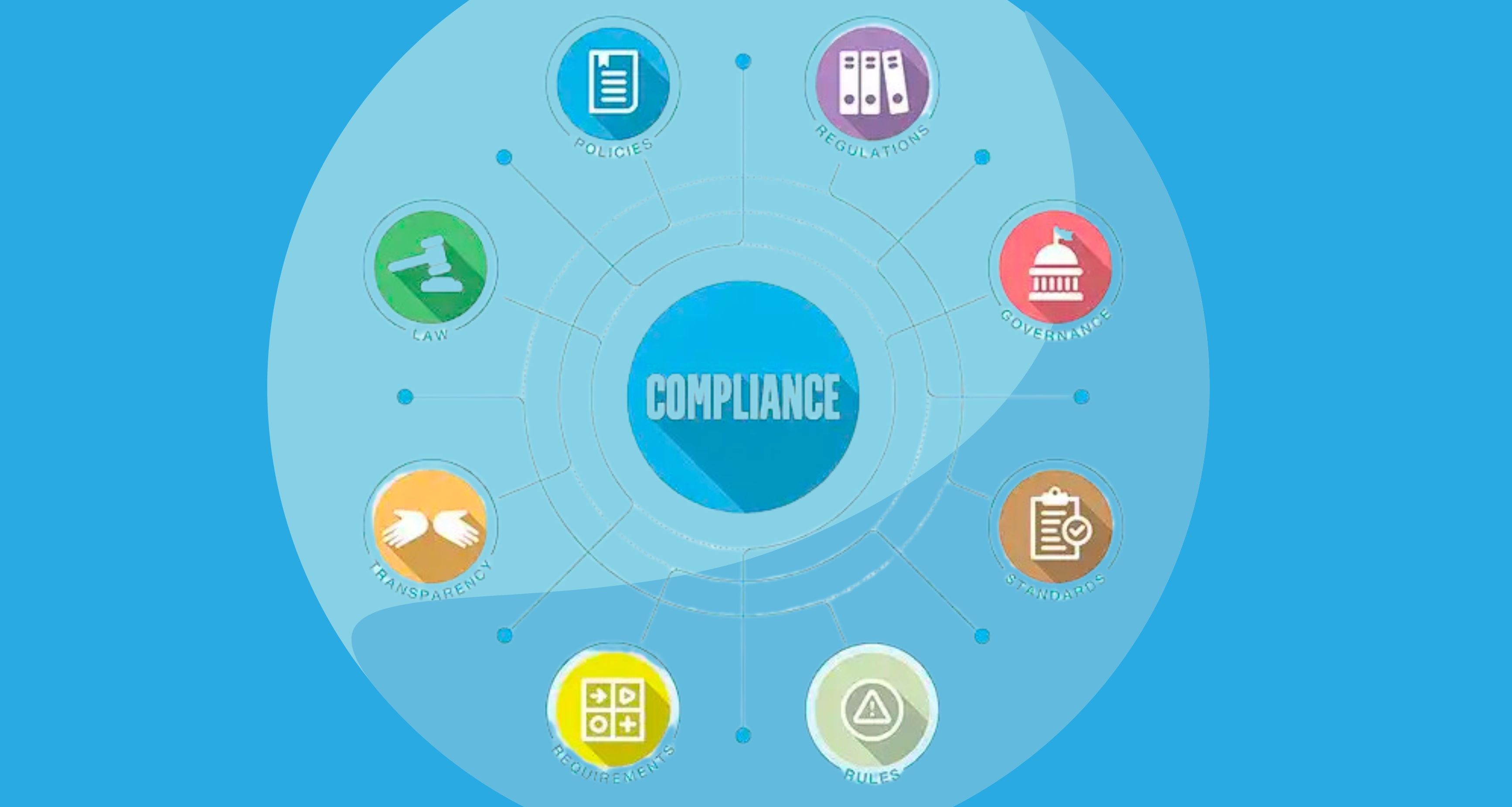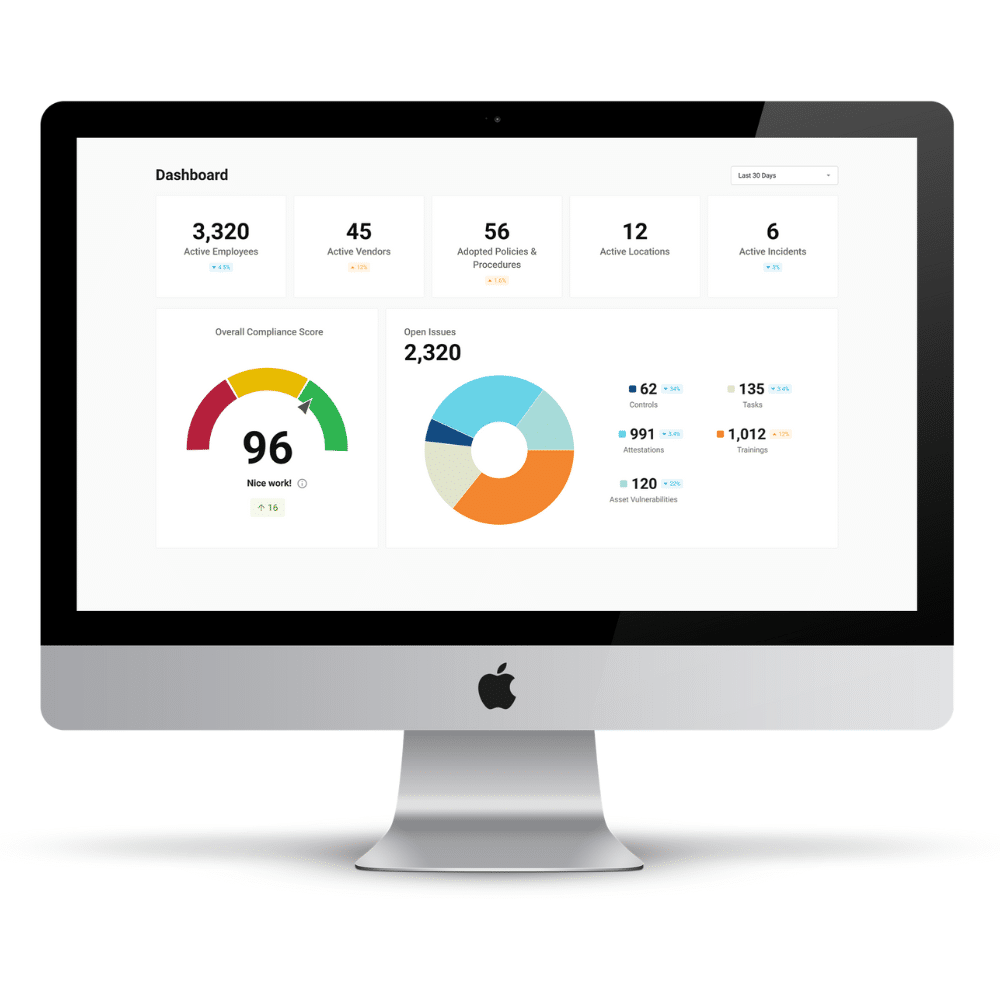Regulatory compliance in the healthcare industry plays a crucial role in patient safety, maintaining quality standards, and preventing fraud and abuse. Healthcare organizations are subject to numerous regulations that govern their operations, ranging from privacy and security requirements to billing and coding guidelines.
Achieving and maintaining compliance is a challenging task that requires:
- Careful Planning
- Continuous Monitoring
- Proactive Measures
We will explore the importance of regulatory compliance in healthcare and the strategies for effectively managing it.
Understanding Healthcare Regulations and Compliance
Healthcare regulations and compliance are put in place to:
- Ensure Quality Care Delivery
- Protect Patients
- Prevent Fraudulent Activities
These regulations cover a wide range of areas, such as:
- Patient Privacy (HIPAA)
- Electronic Health Records (EHR)
- Security (HITECH Act)
- Billing and Coding Practices (CMS Rules)
- Clinical Research (FDA Guidelines)
Understanding these regulatory requirements in healthcare is essential for organizations to design effective compliance programs that address all aspects of their operations.
Implementing Comprehensive Compliance Programs: Meeting Regulatory Requirements
To meet regulatory requirements, healthcare organizations must establish a comprehensive compliance program that encompasses:
- Policies
- Procedures
- Training Programs
- Auditing Processes
These programs should be tailored to address specific regulatory areas relevant to the organization’s operations. For example, a compliance program may include protocols for protecting patient information, guidelines for proper documentation and coding practices, and internal audit procedures to identify potential violations.
Strategies for Achieving Regulatory Compliance in Healthcare Organizations
The healthcare industry constantly evolves, with new laws, regulations, and guidelines being introduced regularly. There are key strategies that should be followed to achieve regulatory compliance.
1. Establishing a Compliance Program
Healthcare organizations should develop and implement a comprehensive compliance program tailored to their specific needs. This program should include policies and procedures addressing key regulatory requirements, designating a compliance officer responsible for oversight, providing regular staff training on compliance matters, conducting internal audits, and establishing mechanisms for reporting potential violations.
2. Staying Informed About Changing Regulatory Requirements in Healthcare
Given the evolving nature of healthcare regulations, organizations must stay up to date with changes and new requirements. Regularly monitoring updates from regulatory agencies, attending industry conferences, participating in professional networks, and engaging with legal counsel specializing in healthcare law can help organizations remain informed about emerging compliance issues.
3. Conduct Internal Audits
Internal audits play a vital role in identifying areas of non-compliance within an organization’s operations. By conducting regular audits of processes, documentation, and adherence to regulatory requirements, healthcare organizations can proactively address any gaps before they become significant problems.
4. Foster a Culture of Compliance
Promoting a culture of compliance throughout the organization is instrumental in achieving long-term regulatory compliance success. This involves educating employees about the importance of following laws and regulations, encouraging open communication regarding potential concerns or violations, recognizing and rewarding ethical behavior, and ensuring senior leadership sets an example by prioritizing compliance.
5. Utilize Technology Solutions
Leveraging technology solutions can help streamline regulatory compliance in healthcare organizations. EHR systems with built-in security features can assist in safeguarding PHI while also facilitating efficient data access and sharing among authorized personnel. Additionally, software tools designed specifically for managing compliance tasks can automate processes, track regulatory changes, and provide real-time monitoring of adherence to requirements.
The Best Compliance Program for Regulatory Compliance in Healthcare: Compliancy Group
Compliancy Group stands out as the best regulatory program for healthcare compliance due to its comprehensive and user-friendly approach. Their team of experts understands healthcare regulations’ complex and ever-changing landscape, ensuring that their clients stay up-to-date and compliant with all relevant laws.
Compliancy Group provides a unique combination of:
- Software Tools
- Personalized Support
- Extensive Resources
This helps to guide organizations through the compliance process. Our proprietary methodology simplifies compliance tasks while promoting a culture of security within healthcare practices. With a strong emphasis on education and ongoing support, Compliancy Group is not just a one-time solution but a long-term partner in maintaining regulatory compliance in healthcare.









